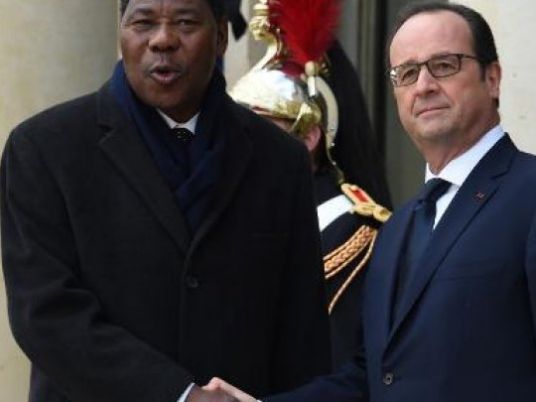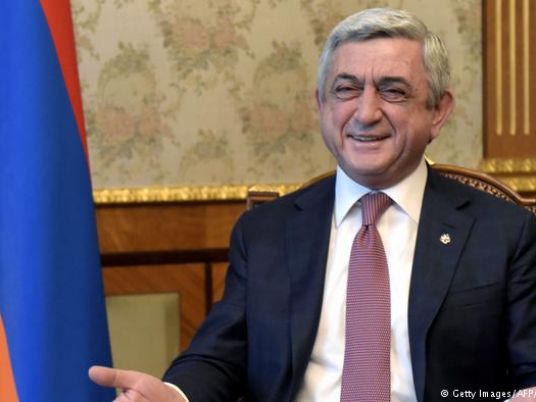
Benin headed to the polls Sunday in legislative elections seen as a key test for President Thomas Boni Yayi, whose controversial plans to change the constitution to extend his rule may be crushed if the opposition makes gains.
About 4.4 million voters are eligible to cast their ballots to pick 83 lawmakers.
Boni Yayi has led the small west African nation since 2006 and his two-term limit expires next year.
The president has said his constitutional amendment project is aimed at ending impunity for corruption by strengthening the justice system.
But the opposition insists his actual motive is to scrap term limits so he can run again in 2016.
The battle over the proposed amendment has shaped Sunday's election.
"The challenge for the ruling party is to have a large majority in the national assembly, which would allow the president to realize consitutional reforms and maybe authorize (his) third term," said Gilles Yabi, a west Africa specialist based in Dakar.
Political analyst Rock Sosthene Nepo said the near total focus on the purported third-term plot has pushed major issues to the back-burner.
"Serious debate on public projects is non-existent or at least diminished" because of the constitutional reform dispute, he said.
Benin boasts a relatively strong democratic record compared to other countries in turbulent west Africa.
But it is grappling with issues seen across the region: corruption and the challenge of ensuring the poor see some benefits of economic growth.
Analysts said the emphasis on Boni Yayi's possible third-term was to be expected after the revolution late last year in neighboring Burkina Faso, which saw long-serving president Blaise Compaore toppled after he tried to abolish term limits.
Boni Yayi has not voiced a desire to run again but "he has created the impression of a president in a permanent campaign", fuelling opposition claims that he will not stand down, Yabi said.
Fractured opposition
Boni Yayi's Cowry Forces for an Emerging Benin party (FCBE) has lost its majority in the national assembly following a series of recent defections to the opposition, but experts warn against attributing that to rising opposition strength.
Politics in Benin are "very poorly structured", said Yabi, adding that "political migrations" are common in campaign season and lawmakers are happy to switch sides if they think it will boost their re-election prospects.
The opposition ranks are fractured, more than 20 parties are fielding candidates, and the election has hardly gripped the nation.
Boni Yayi has tried to boost his international profile through his second term, shuttling across the continent while serving as head of the African Union in 2012.
But his administration likely attracted the most global attention during the so-called Poison Plot of October 2012, when the government announced the discovery of an alleged plan to assassinate the president.
According to official allegations, Boni Yayi's doctor, conspiring with a prominent business tycoon and others, tried to replace his heart medication with deadly poison.
Most of those allegedly involved have been pardoned.



